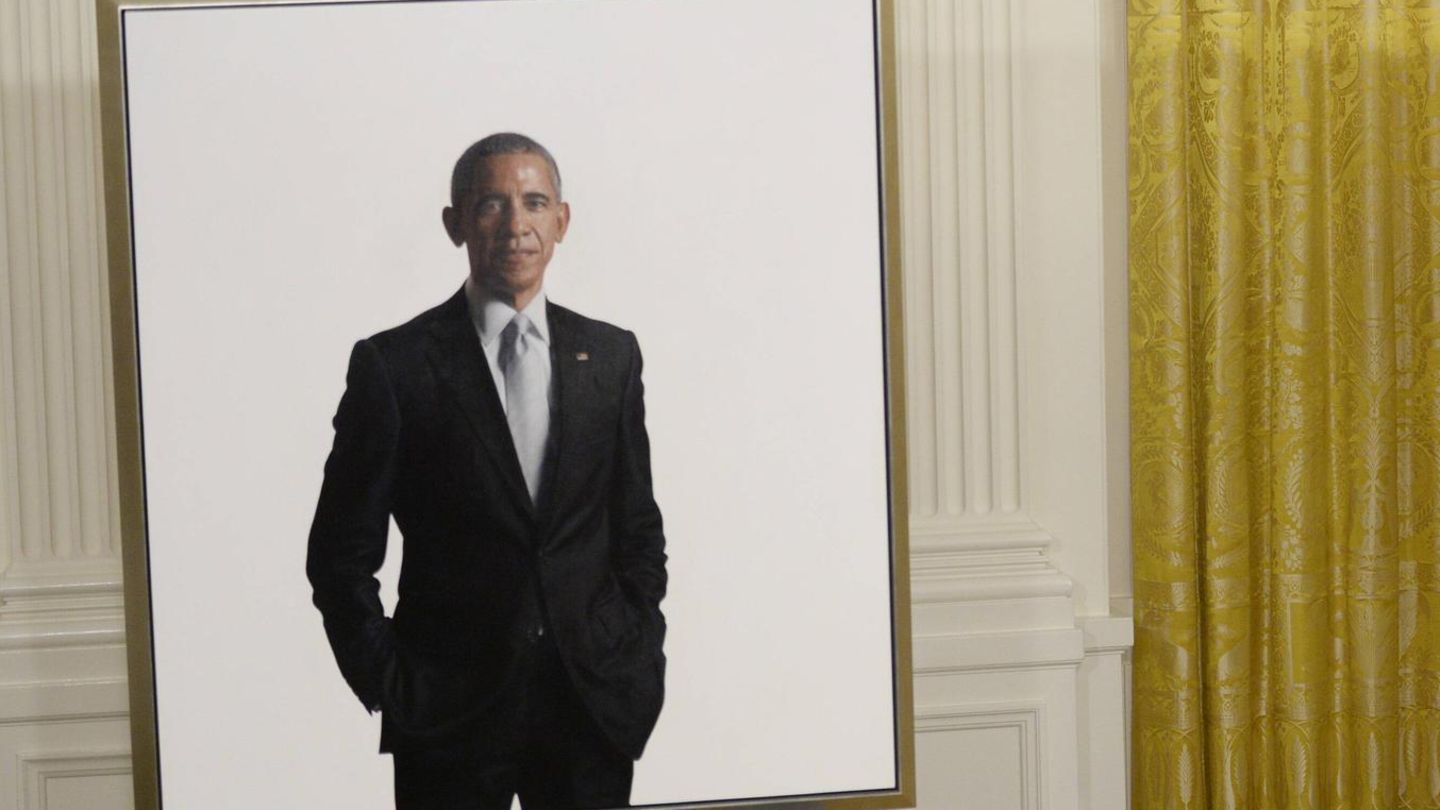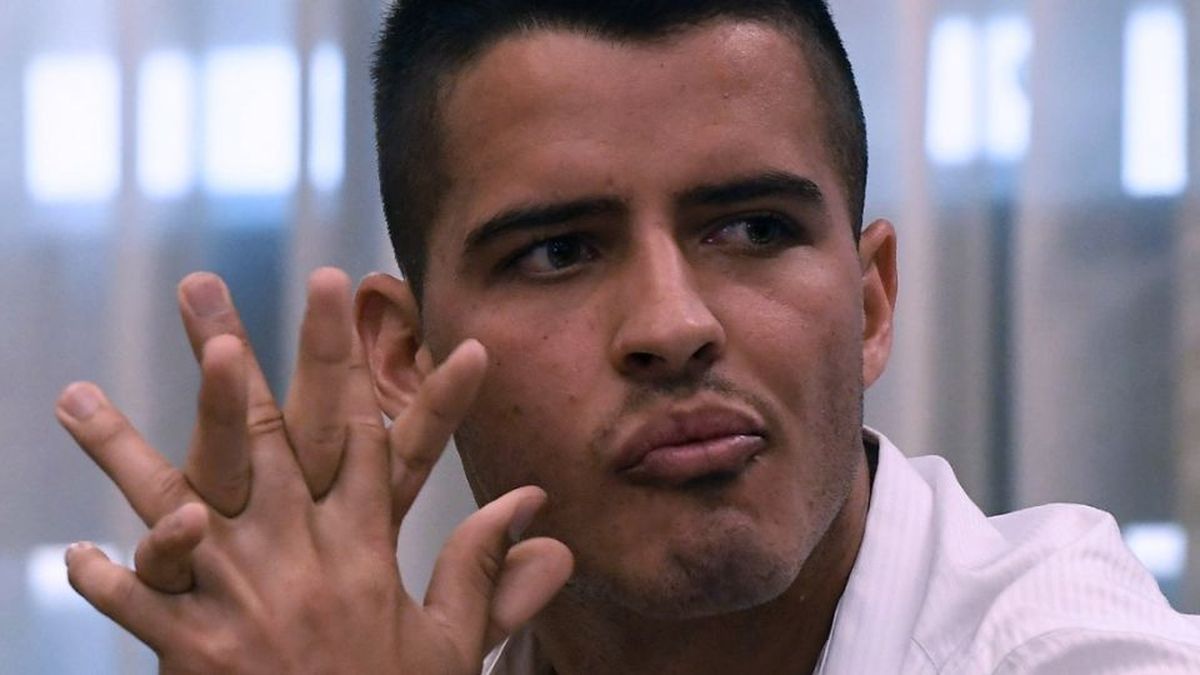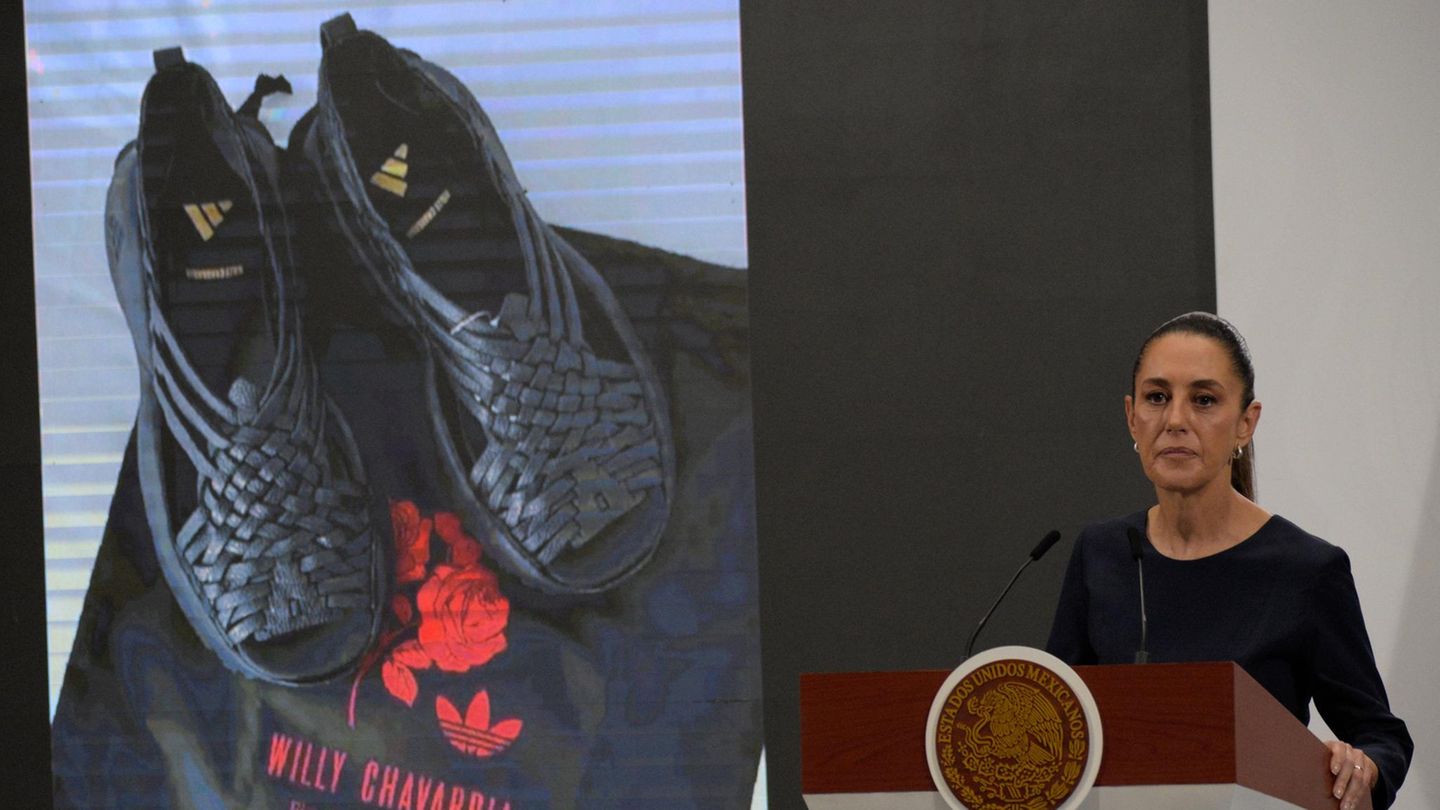As the only survivor of the NSU terror cell, Beate Zschäpe was put on trial – she received the maximum sentence. The highest German court sees no mistakes. Is that the last word spoken?
The sentencing of the NSU terrorist Beate Zschäpe to the maximum sentence was legal. A constitutional complaint by the 47-year-old was unsuccessful, as the Federal Constitutional Court in Karlsruhe announced on Monday. It was neither stated nor obvious that Zschäpe’s basic judicial rights had been violated. A chamber of the Second Senate therefore did not even accept the complaint for decision. (Az. 2 BvR 2222/21)
The “National Socialist Underground” (NSU) had been able to murder through Germany for years without being recognized. The victims: nine traders of Turkish and Greek origin and a German police officer. The right-wing terrorists also carried out two bomb attacks, injuring dozens of people, and a number of bank robberies.
As the only survivor of the trio, only Zschäpe had to answer in court. Her two friends, Uwe Mundlos and Uwe Böhnhardt, killed themselves in 2011 to avoid arrest.
In July 2018, the Munich Higher Regional Court (OLG) sentenced Zschäpe to life imprisonment as an accomplice after an internationally acclaimed mammoth trial – even if there was never any evidence that she herself was at one of the crime scenes. After more than five years and more than 400 days of trial, the judges also determined the particular gravity of the guilt. This means that an early release from prison after 15 years is almost impossible.
Revision discarded
This judgment has been legally binding for a good year. The Federal Court of Justice (BGH) rejected Zschäpe’s revision in August 2021 by written decision – without prior hearing.
Zschäpe had primarily based her constitutional complaint on this point: The Federal Court of Justice surprisingly deviated from its previous case law on complicity, and she was not given an opportunity to say anything about it in court.
However, the constitutional judges do not share these concerns: Zschäpe’s defense lawyers had submitted extensive written submissions in the appeal proceedings – the BGH had just not been convinced. Zschäpe’s complaint does not reveal what else she would have had to say in a hearing.
The court awarded Zschäpe an important role
The BGH judges had come to the conclusion that Zschäpe’s role was mainly to stay in the vicinity of the shared apartment – and that was not comparable to “standing on the dope”. But she helped plan all the actions, covered the absence of her accomplices and, as agreed, sent the important confession video after their suicide. “It therefore performed an essential function on which the success of the overall project depended.” That justifies the conviction as an accomplice.
In the Munich trial, two co-defendants were also convicted of aiding and two other men as supporters. The judgment is now final in all respects.
Lawyers want to check going to Strasbourg
Zschäpe’s lawyer Wolfgang Heer said when asked that the decision of the Federal Constitutional Court did not appear to him to be “conclusive”. “Because the otherwise detailed resolution only marginally addresses the focus of the constitutional complaint that, contrary to previous case law, the interest in the crime should acquire particular importance for complicity.” It is “still to be checked” whether a complaint will be lodged with the European Court of Human Rights. Zschäpe’s preferred defender, Mathias Grasel, also told the “Spiegel” that he would examine with Heer and a third lawyer whether a complaint in Strasbourg would be “sensible and promising”.
The constitutional judges themselves see themselves in line with the Strasbourg jurisprudence. After that, there must be a negotiation in principle, according to her decision. However, this principle does not apply unrestrictedly to appeal proceedings.
Attack victim testifies in NSU investigative committee
Meanwhile, Mehmet O., who was seriously injured in a bomb attack in Nuremberg in 1999 that was later also attributed to the NSU, testified publicly for the first time on Monday in the second NSU investigative committee of the Bavarian state parliament. He reported in detail on the day of the attack – and that he himself had repeatedly been treated as a suspect during the investigations. “I was always accused,” said O. – and reported that he had suffered from the consequences of the attack for years.
The background to the attack has only been clear since 2013: At that time, Carsten S., who was later convicted of aiding and abetting in the NSU trial, reported on earlier hints by Mundlos and Böhnhardt about an attack in Nuremberg: that they had placed “a flashlight” in a shop. Only after S.’s testimony were the investigators able to attribute an attack on the Nuremberg restaurant “Sonnenschein” in June 1999 to the NSU terrorists. At that time, the perpetrators had placed a pipe bomb disguised as a flashlight in the restaurant. O., who found and operated it, was injured in the explosion.
Source: Stern
David William is a talented author who has made a name for himself in the world of writing. He is a professional author who writes on a wide range of topics, from general interest to opinion news. David is currently working as a writer at 24 hours worlds where he brings his unique perspective and in-depth research to his articles, making them both informative and engaging.




